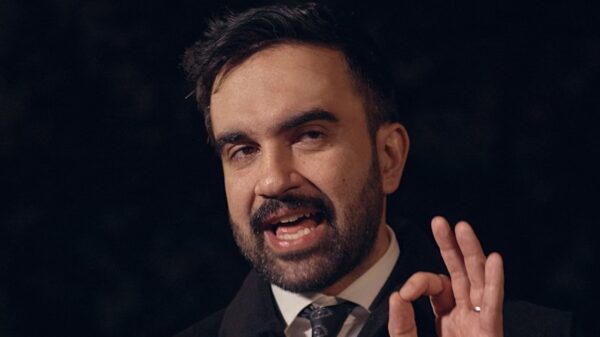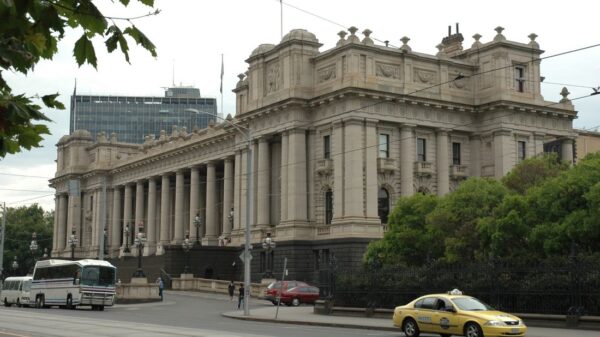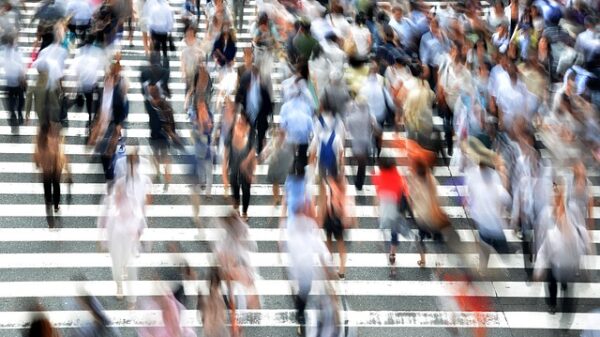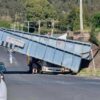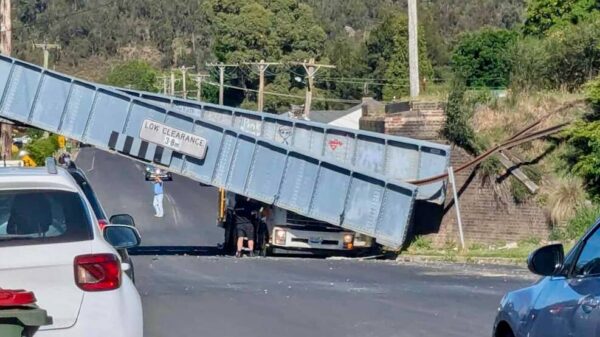UPDATE: Pregnant women experiencing homelessness in Australia are facing a dire situation as fears of child protection intervention deter them from accessing essential health care. New data reveals that 44 percent of the 122,494 homeless individuals recorded in 2021 were women, with many fearing that revealing their housing status could lead to their babies being taken away.
The homelessness crisis has been escalating in Australia for over a decade, with a significant number of these women being Aboriginal and Torres Strait Islander and nearly 39 percent aged over 55. According to public health expert Lisa Wood, there is a severe lack of data on pregnant women facing homelessness, as many are reluctant to disclose their situation.
“Homelessness is not well flagged,” Dr. Wood told AAP. “The challenge is that pregnant women are reluctant to say they are homeless because it puts them at a higher risk of child protection and removal.” Unlike countries such as the United Kingdom and Ireland, Australia lacks legal obligations to provide housing for pregnant women, which exacerbates their vulnerability.
Dr. Wood emphasizes the urgency for systemic change, stating, “A pregnant, homeless woman needs to go to the top of the list.” Hospitals, while committed to the care of mothers and babies, often face a dilemma as they cannot discharge newborns into homelessness.
In a groundbreaking initiative, Royal Hospital for Women in Melbourne launched the Cornelia Program, becoming the first in Australia to provide comprehensive support for pregnant women experiencing homelessness. This program accommodates 36 women and their babies for up to 12 months, offering maternity and postpartum care alongside assistance in securing long-term housing.
Cornelia Program manager Sally Coutts emphasizes that women facing homelessness often go unnoticed due to societal stereotypes. “Family violence is a leading cause of homelessness for women,” she noted. “Pregnancy is often a turning point for a lot of women.”
The plight of pregnant women is underscored by individual stories like that of Elika, an asylum seeker who became homeless in Perth while five months pregnant. Lacking a Medicare card due to her immigration status, she faced significant challenges accessing healthcare. A dedicated outreach nurse from Homeless Healthcare intervened, ensuring she received necessary antenatal care and connected her with housing resources. Today, Elika has a healthy one-year-old and continues to receive support.
“We need to draw attention to the issue of homelessness and pregnancy,” Dr. Wood stated, calling for increased awareness and service provision across Australia. “The babies and the mums who are most vulnerable have the least access to that.”
For those in crisis, support is available through services like 1800 RESPECT at 1800 737 732, Lifeline at 13 11 14, and beyondblue at 1300 22 4636.
This urgent issue calls for immediate action and awareness to ensure that pregnant women experiencing homelessness receive the care and support they desperately need.









